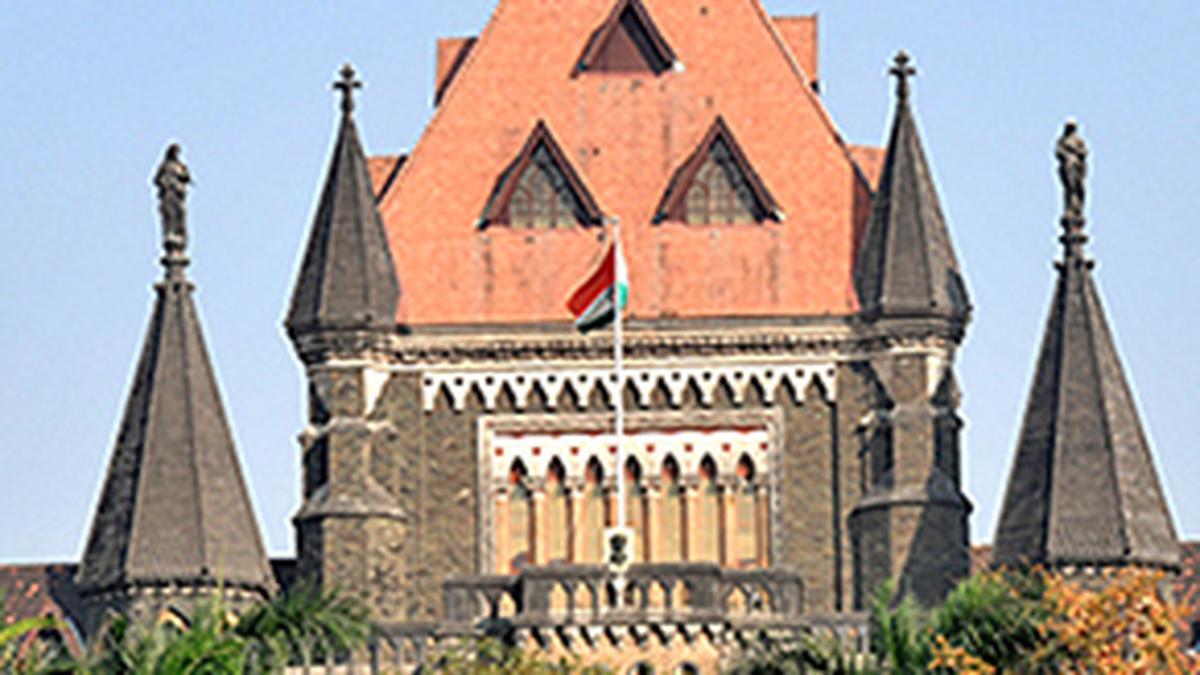In the last nine days, the government has held more than 22,000 ‘Jan Seva’ camps as part of its push to ensure saturation coverage of the Union Tribal Affairs Ministry’s Dharti Aaba Janjatiya Gram Utkarsh Abhiyan (DAJGUA). The Centre said it had reached over 53 lakh Scheduled Tribes (ST) individuals, helping them avail the benefits of the schemes.
The DAJGUA package was launched in 2023 and brings together about 25 interventions from 17 line Ministries for full scheme saturation under various government programmes to about 68,000 villages dominated by ST communities.
As part of this, the government is currently undertaking an information, education, and communication (IEC) outreach to over 5.5 crore tribals in more than one lakh villages and habitations of Particularly Vulnerable Tribal Groups (PVTGs) across 550 districts of the country.
The DAJGUA programme is a “central feature” of the Indian Government’s celebration of the Janjatiya Gaurav Varsh being commemorated to mark the 150th birth anniversary of tribal icon Birsa Munda.
The IEC campaign under DAJGUA was launched on June 15 and will go on till July 15. In the nine days of the campaign so far, the government said that through the Jan Seva camps, it had been able to achieve 1.38 lakh Aadhaar enrolments, 1.68 lakh Ayushmaan Bharat card registrations, 46,000 PM Kisan registrations, the addition of 22,000 PM Ujjwala beneficiaries, and 32,000 new PM Jan Dhan accounts.
The government’s big push on this scheme has come with Governors, Union Ministers, Chief Ministers, and State Ministers taking the lead in launching and supporting the IEC campaign for the DAJGUA programme, including Finance Minister Nirmala Sitharaman in Ladakh, Governor Mangubhai Chhaganbhai Patel in Madhya Pradesh, and Chief Minister Himanta Biswa Sarma in Assam.
In addition to the above-mentioned enrolments, the government has been helping people get other documents that may assist them in availing the benefits of government schemes. Some examples include helping people get caste certificates, domicile certificates, and Forest Rights Act pattas.
“DAJGUA provides legal aid, nutrition support, health check-ups, and the facilitation of Forest Rights Act (FRA) claims, while also onboarding tribal start-ups — making it a convergence-based model that exemplifies what proactive, inclusive governance can achieve,” the Centre said in a statement on Tuesday.
“This Abhiyan is a tribute to our tribal brothers and sisters who live in harmony with nature. It is not just an outreach programme — it is a revolution in inclusive governance,” the statement quoted Tribal Affairs Minister Jual Oram as saying.
Published – June 24, 2025 11:25 pm IST

